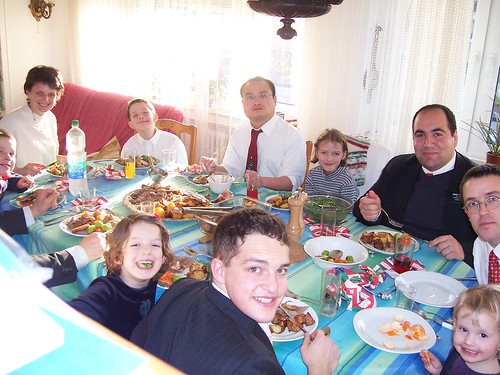During our trip up to Vancouver, we visited the excellent Museum of Anthropology at the University of British Columbia. There most of us joined a tour run by a volunteer with a group of a dozen or so. To break the ice a little the tour guide introduced herself and then asked where people were from. A couple from the UK, some from the US and then she got to Ariana who just went, ‘Errr …’ and looked up at me, a little lost. I said that we were Australian by way of California and that seemed sufficient. In discussing it with Ariana later, she confided that she thought about saying Australia, Germany and/or California — and while in some sense we are from each of those places — none of them were particularly accurate.
That got me to thinking a little about cultural identity and, well, what exactly is ours? At the time we were in Vancouver I posted this status update on Facebook: “Fenton thinks that a family from California who has lived longest in Canberra — watching in their motel in Vancouver — supporting Queensland beat NSW can’t possibly be confused about their cultural identity.”
I think that, for us, we are a little bit of each culture we have lived in and embraced, to the extent of those things we adopted. So, I know Gaynor[1] and I quite like lighting a candle on a Weihnachtskranz and singing a hymn each week in the four weeks leading up to Christmas. The children are fond of Halloween (though not quite as much as Karneval where the sweets come to you) and we all seem to enjoy Thanksgiving. I think these are traditions that we’ll bring back to Australia with us and enjoy for years to come.
However, more subtle and powerful are the effects on our understanding, our world view and our character. I believe that the particular ways that different cultures perceive things alters your own point of view, however minutely, to the extent that you come to understand the people. Of course, not everything you find is worth picking up but just being exposed to an alternative is usually beneficial. Perhaps one of the main benefits for us has been an increase in tolerance for different ways of doing things. Having now lived in three education systems, three health care systems and three political systems, we occasionally remind the children that sometimes some ways are better, sometimes they are worse and sometimes they are just different.
Recognising that your own eyes have been opened to an alternative way is not always apparent — can’t see the forest for the trees, I expect — but you can clearly see that recognition in someone else’s reaction when you expose them to something new, something they hadn’t previously known or considered. We’ve enjoyed doing that for people met in other cultures and I’ve enjoyed being on the receiving end, however difficult it might have been to adjust perceptions and thinking at the time.
In the end, our family’s culture derives largely from the sum of our experiences — just as for everyone — though I guess our experiences have, perhaps, included exposure to more alternative ways of doing things than might otherwise have been the case if we had stayed put. I think we are better for it, even given some of the discomfort that came along with it. And to answer the original question, I think we are from a bit of lots of places now. Now the question, ‘Where do you belong?’, well … that’s a bit trickier.
[1] Gaynor has her own whole range of culinary traditions and experiences that she has embraced, including picking up her very own raclette grill in Germany.
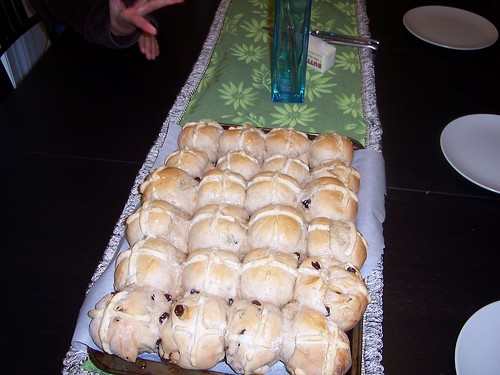
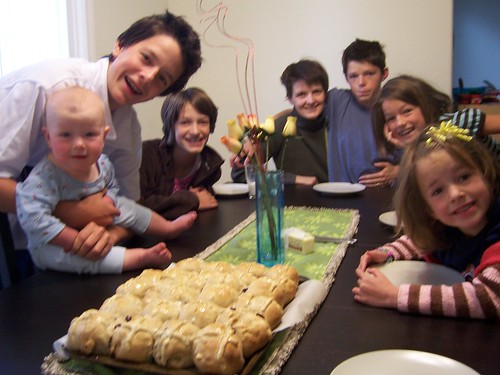
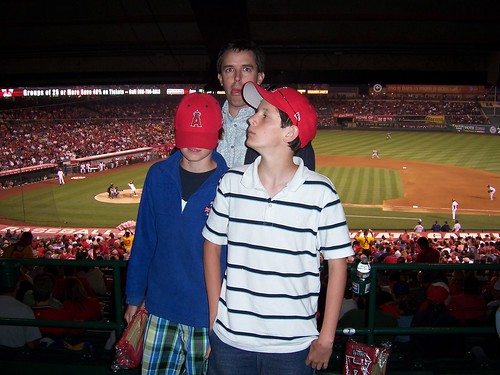
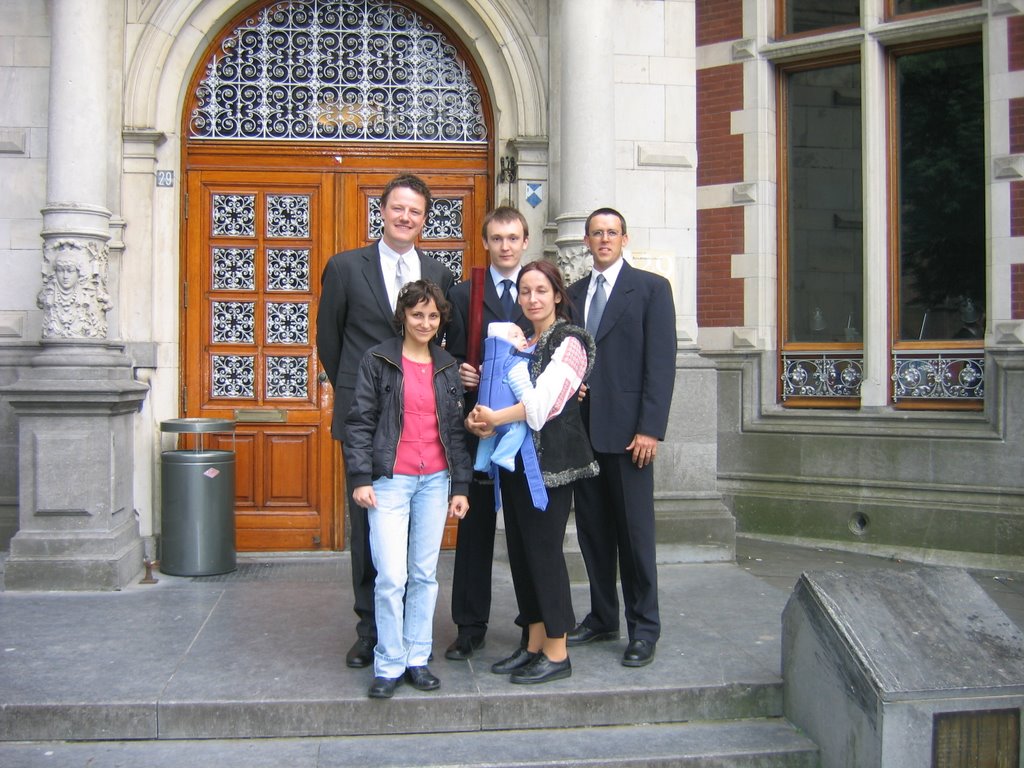

 Ornamental Pond Flowers
Ornamental Pond Flowers Two twin bulbs
Two twin bulbs Magnolia Tree and Close-Up
Magnolia Tree and Close-Up